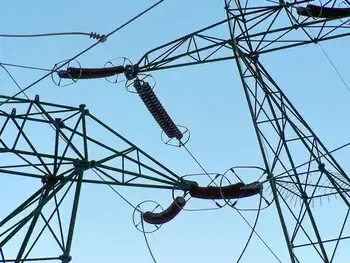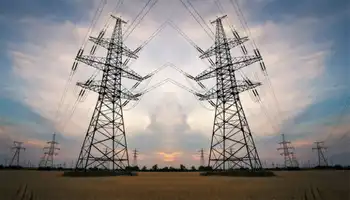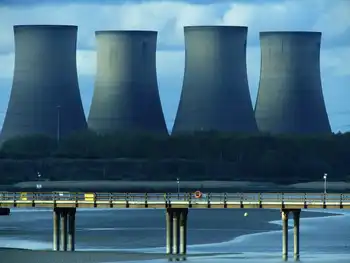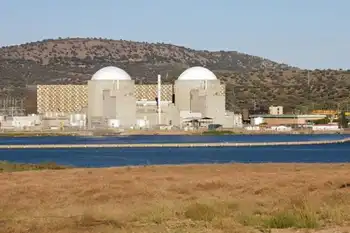Bush's air pollution proposal dies in Senate committee
WASHINGTON D.C. - President Bush suffered the first major environmental policy setback of his second term recently when his "Clear Skies" initiative relaxing federal air pollution control restrictions on power plants was defeated in the Senate Environment Committee.
The proposal was a top White House priority, but its failure to include carbon dioxide emissions - which many scientists consider a major cause of global warming - among pollution control targets was a big factor in its defeat.
Committee Chairman James Inhofe, R-Okla., a Bush stalwart and a strong proponent of the measure, declared the bill "killed" when a key Republican defection by Sen. Lincoln Chafee of Rhode Island left him without the votes to break a 9-9 committee tie, largely along party lines, and move the legislation to the Senate floor. Inhofe blamed the impasse on "environmental extremists."
Environmentalists hailed the committee action as a blow against what they charged was corporate undermining of federal anti- pollution rules.
"Today senators on both sides of the aisle stood up for the American people against a corporate scheme to weaken federal law and delay the day we all can enjoy breathing clean air," said John Walke, director of the Natural Resources Defense Council's clean air project.
League of Conservation Voters Vice President Betsy Loyless agreed.
"Today, the Bush administration and its corporate allies were handed a defeat while the health of our families and children came out on top," she said.
The measure would have scrapped provisions of the 1970 Clean Air Act that have applied strict, specific pollution control limits to coal-fired power plants and other industrial sources of nitrous oxide, sulfur dioxide and mercury emissions.
Under "Clear Skies," individual facilities instead would have been able to trade pollution rights among themselves under a nationwide cap applied to all such plant emissions.
Though the administration claimed this would eventually lead to an overall 70 percent reduction of these airborne toxins, environmental groups argued the plan was full of loopholes, difficult to enforce and would take too long to implement.
And Chafee objected to its failure to deal with carbon dioxide emissions. "It is a shame that the U.S. Congress is the last bastion of denial on climate change," Chafee said.
Chafee's opposition, plus that of former Republican-turned- Independent James Jeffords of Vermont, led to the 9-9 tie in the GOP- controlled committee.
Administration attempts to push the plan through during Bush's first term also failed, but Republicans had hoped their significant Senate gains in the last election would enhance its chances.
The electrical power industry - which had argued "Clear Skies" would improve air quality, help keep jobs, hold energy prices down and make use of America's abundant supplies of coal - expressed disappointment in the outcome.
"'Clear Skies' would accomplish all of this," said Paul Oakley, executive director of the Coalition for Affordable and Reliable Energy. "It is disappointing that we could not achieve sufficient support."
"The Electric Reliability Coordinating Council is clearly disappointed that the deadlock over the bill could not be broken today," said Scott Segal, director of that organization. "But we hope that continued work may yet yield legislative success."
Related News

Ukraine Leans on Imports to Keep the Lights On
UKRAINE - Russia's ongoing war in Ukraine has extended far beyond the battlefield, with critical infrastructure becoming a target. Ukraine's once-robust energy system has sustained significant damage from Russian missile and drone strikes. To cope with these disruptions and maintain power supplies for Ukrainian citizens, the country is turning to record-breaking electricity imports from neighboring European nations.
Prior to the war, Ukraine enjoyed a self-sufficient energy sector, even exporting electricity to neighboring countries. However, targeted attacks on power plants and transmission lines have crippled generation capacity. The situation is particularly dire in eastern and southern Ukraine, where ongoing fighting has…




